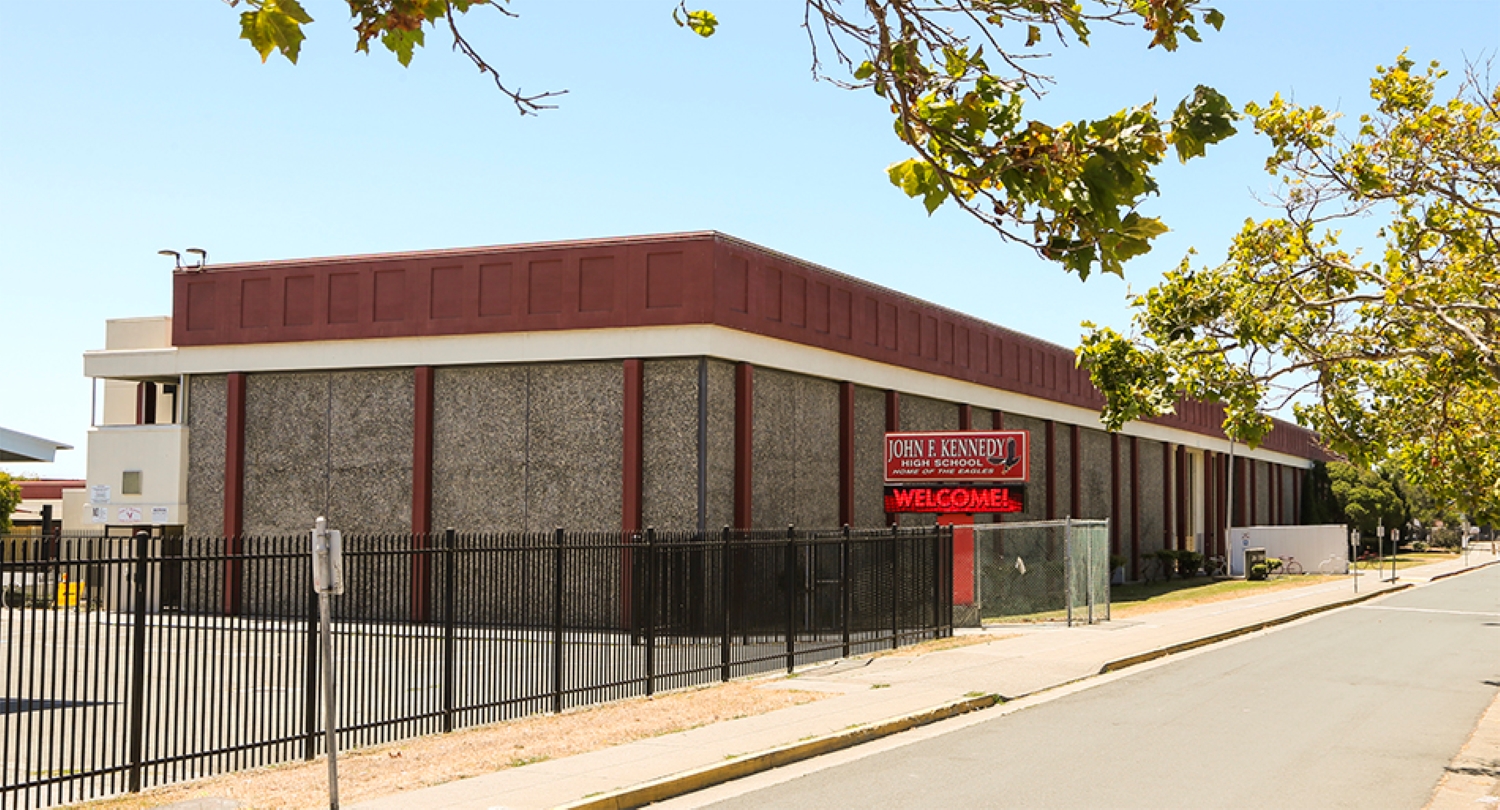
The scope of work includes the comprehensive abatement of classrooms located within multiple structures across the project site. This involves the identification, removal, and proper disposal of hazardous materials—including asbestos-containing materials (ACM) and polychlorinated biphenyls (PCBs)—to ensure regulatory compliance and site safety in preparation for the planned demolition of Buildings 100, 200, and 500.
Specifically, abatement activities will target:
Asbestos-Containing Materials (ACM):
Vinyl Composition Tile (VCT) and associated mastics
Thermal System Insulation (TSI) on piping systems
Asbestos-containing wall textures and coatings
All work will be performed in accordance with local, state, and federal environmental and safety regulations, including AHERA, NESHAP, and EPA PCB guidelines. Following abatement, the buildings will be cleared for demolition by a certified third-party hygienist.
View Project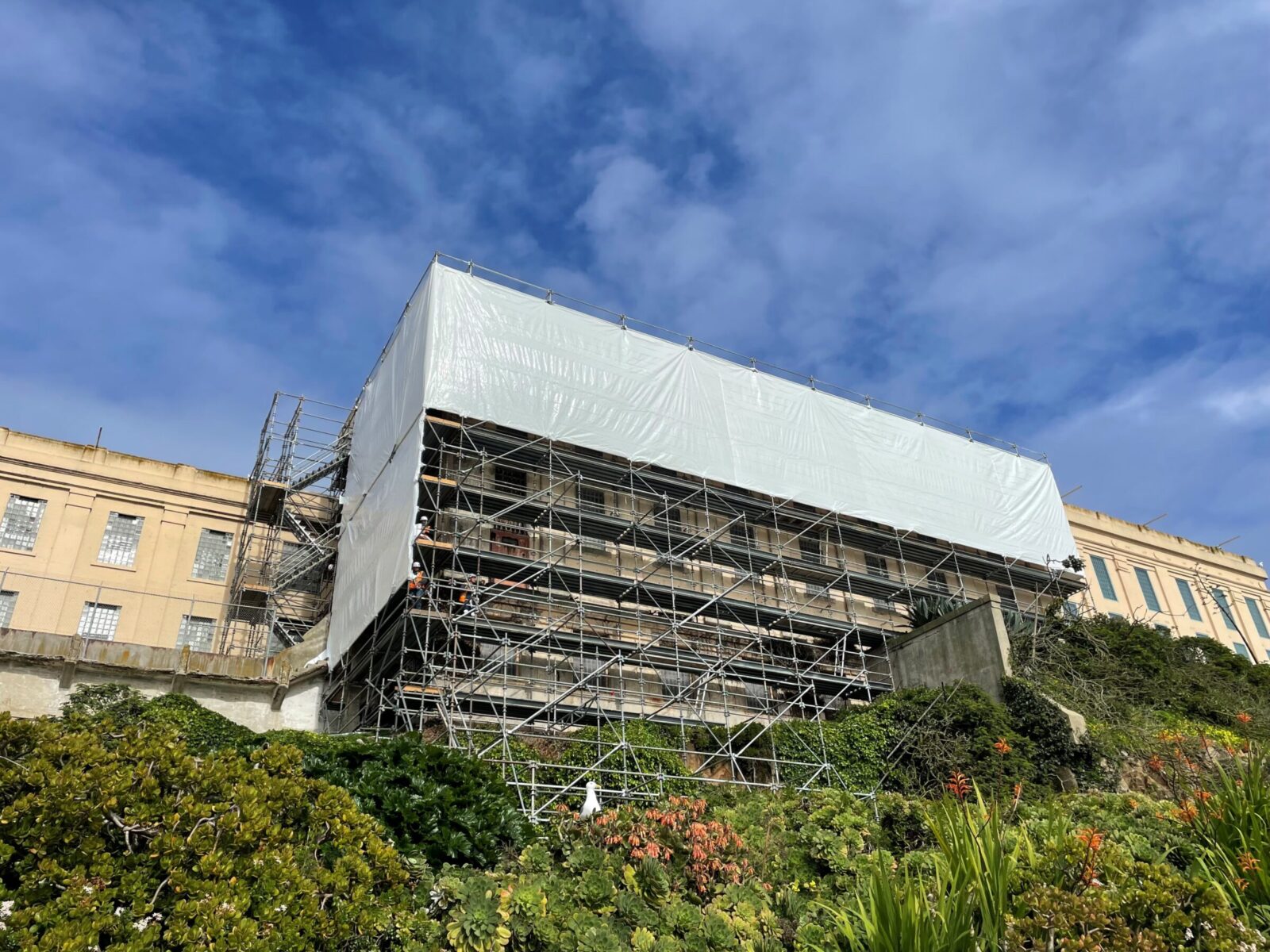
Bayview was selected to perform lead-based paint abatement across the entire exterior of the historic Alcatraz Prison. The prison is undergoing a substantial retrofit, requiring Bayview to fully strip the exterior paint before structural upgrades can begin. In addition to exterior work, Bayview is also conducting selective interior abatement in key areas such as the historic cafeteria, hospital wing, and cellhouses.
This project requires extensive planning and logistics coordination, as all materials must be transported to and from the island via barge. Adding to the complexity, Alcatraz remains open to tourists throughout the duration of the work, requiring strategic scheduling to minimize disruptions.
Every square foot of the prison is considered historically significant, requiring detailed recordkeeping to preserve its integrity. This includes everything from the careful cleaning of historical prisoner clothing to the preservation of bullet-damaged tiles from “The Battle of Alcatraz.”
View Project
This project involved comprehensive demolition and abatement services across Buildings 1000, 2000, 3000, 4000, and 5000. Selective demolition included the removal of flooring systems, ceilings, mechanical, electrical, and plumbing systems (MEPS), interior walls, doors, and roofing components. Abatement activities addressed hazardous materials such as floor tile, mastic, window caulking, roofing penetrations, pipe insulation, and lead-containing ceramic tile. Additionally, site demolition included the removal of asbestos-containing asphalt (ACCM) to accommodate construction of a new playfield.
View Project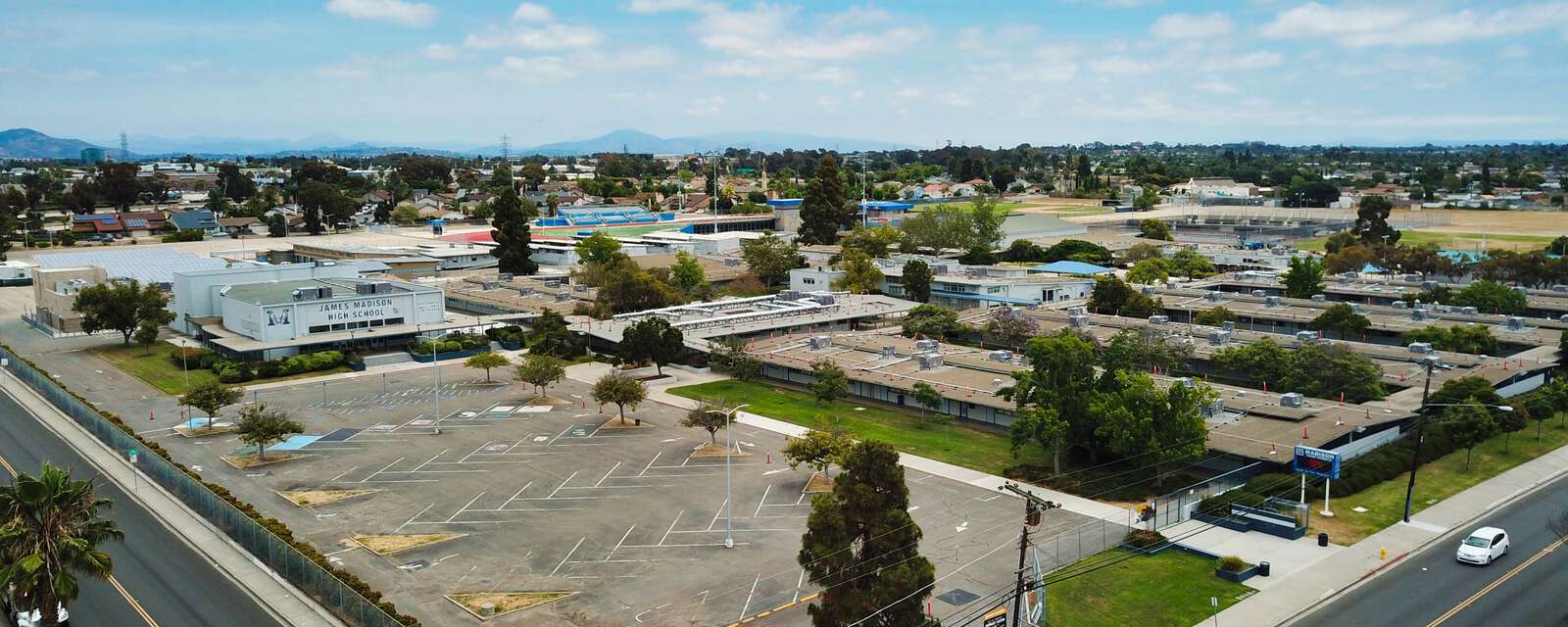
This project encompasses comprehensive selective demolition and abatement activities throughout multiple buildings and associated site areas. Interior scope includes the removal of architectural finishes, fixtures, ceilings, concrete slabs, and roofing systems, as well as the demolition and removal of portable classroom structures. Abatement efforts target hazardous materials such as asbestos-containing materials (ACM) and lead-based components, which are being safely removed in accordance with all regulatory requirements.
In addition to building work, the project includes extensive site demolition, involving the removal of existing paving, fencing, and various exterior structures to prepare for new construction and infrastructure upgrades. The project requires close coordination with other trades and strict adherence to environmental and safety protocols to ensure work is completed efficiently, safely, and with minimal disruption to ongoing site operations.
View Project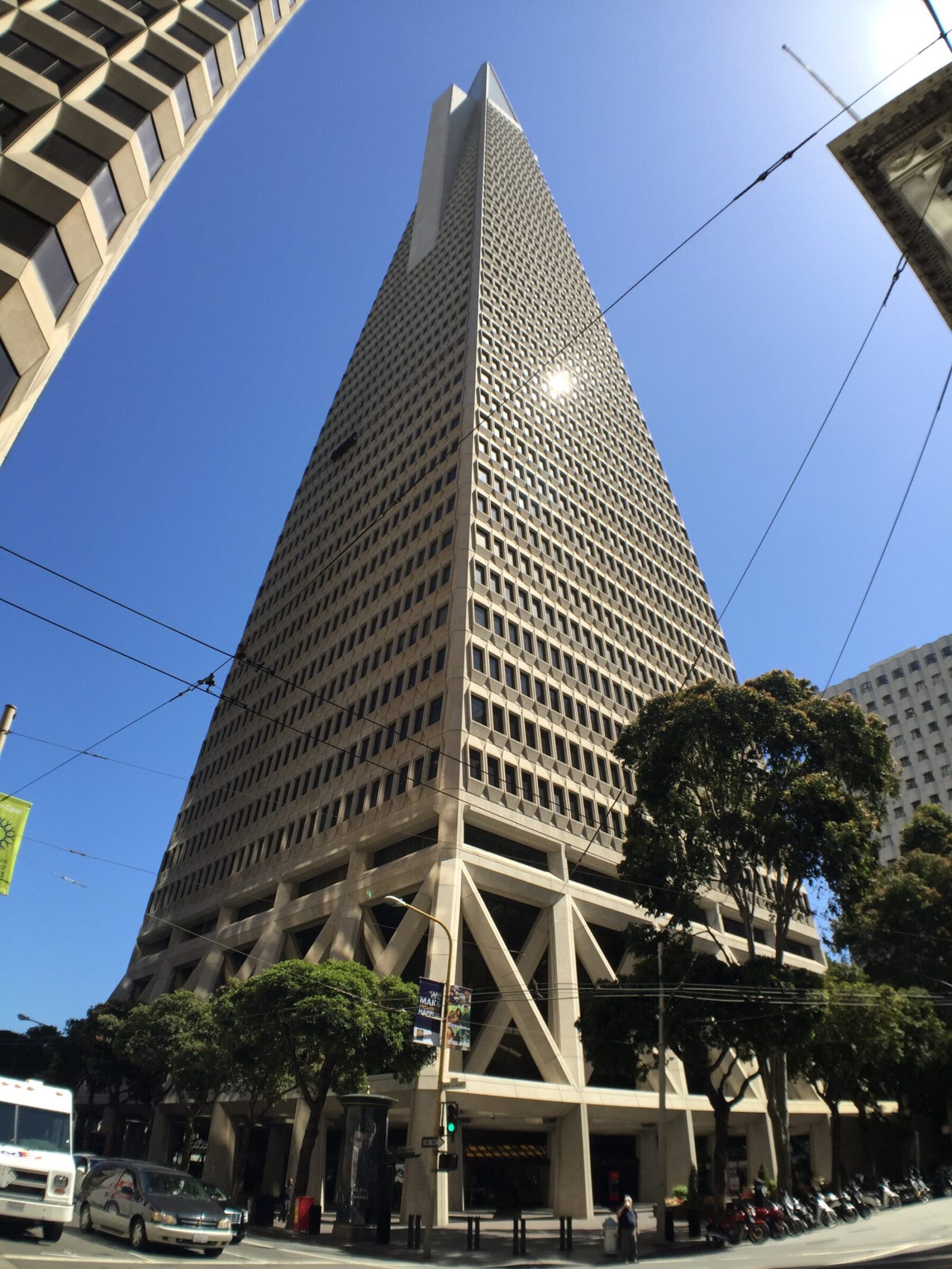
This project consisted of interior soft demolition and minimal removal of contaminated mastic across four floors, totaling approximately 56,000 square feet. Despite being a soft demo, the project presented several challenges, including a tight schedule and limited haul-out capacity due to the small size of the building’s elevator. In a typical high-rise project in San Francisco, offloading is limited to two to three trucks per night. However, thanks to the expertise and coordination of Josue and the site foreman, the team successfully managed to offload five to six trucks per night. This efficiency helped ensure the project was completed safely and on schedule, exceeding expectations and earning positive feedback from Truebeck.
View Project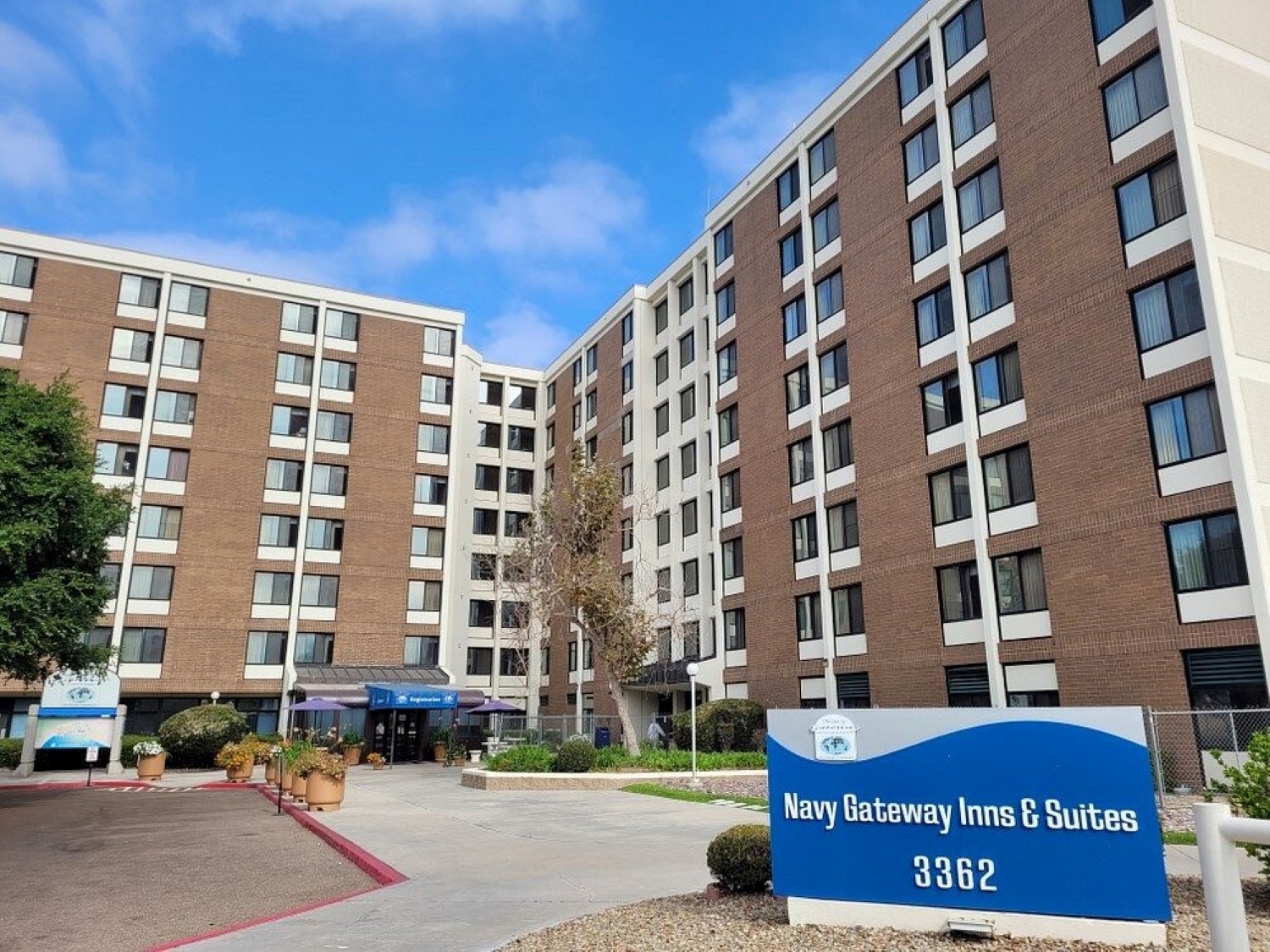
This project involves establishing a regulated containment area to isolate and control contamination, including the use of polyethylene sheeting and HEPA-filtered negative air machines. Approximately 51,200 square feet of contaminated ceiling tiles and rodent debris will be carefully removed, bagged, and disposed of. All affected surfaces will undergo a multi-step cleaning process, including disinfectant application, HEPA vacuuming, and thorough wet-wiping. All waste, including cleaning materials and PPE, will be securely sealed and properly disposed of in accordance with health and safety protocols.
View Project